Your Rights and Protections Against Surprise Medical Bills
When you get emergency care or get treated by an out-of-network provider at an in-network hospital or ambulatory surgical center, you are protected from surprise billing or balance billing.
What is balance billing (surprise billing)?
Health insurance plans typically cover a portion of medical bills that occur in-network (within a group of providers and facilities).
When you need out-of-network care unexpectedly, your insurance company may ask you to pay the difference between tin-network and out-of-network costs (called balance billing). This might not count toward your annual out-of-pocket limit. Balance billing has been called “surprised billing,” because you may receive a bill unexpectedly.
Protections against balance billing
Laws are in place to protect you from being billed more for out-of-network services than your in-network cost sharing amount (copay, coinsurance, or deductible).
Emergency care from an out-of-network provider or facility
The most you can be billed for emergency services is your plan’s in-network cost sharing amount. This includes services you may get after you are in stable condition, unless you sign a written consent allowing us to balance bill you for those services.
In-network hospitals, surgery centers, and facilities
You can only be billed your plans in-network cost sharing amount if you:
- Saw an out-of-network physician.
- Received out-of-network services for anesthesia, pathology, radiology, laboratory, or emergency care.
- Did not know that the provider you saw was out of your network or an in-network provider was not available.
- Did not anticipate needing the services you received.
- An in-network provider has taken a specimen from you for testing and sent it to an out-of-network testing facility without your written consent.
For services it listed above, your out-of-network provider must have your written consent to balance bill you. Signing the consent gives up your protection not to be balanced billed. The provider cannot ask you to give up this protection.
Other protections
When balance billing is not allowed, you are only responsible for paying your share of the costs (such as copayments, coinsurance, or the deductible that you would pay if the provider or facility was in-network.)
Your health plan generally must:
- Cover emergency services without requiring you to get approval for services in advance (prior authorization).
- Cover emergency services by out-of-network providers.
- Base your cost sharing for emergency services on what it would ay an in-network provider or facility. This amount must be shown in your Explanation of Benefits.
- Count any amount you pay for emergency services on what it would pay an out-of-network services toward your deductible and out-of-pocket limit.
You are not required to get care out-of-network; you can choose a provider or facility in your plan’s network.
You are never required to give up your protections from balance billing.
For more information
If you believe you have been wrongly billed, you may contact 1-800-985-3059.
Visit www.cms.gov/nosurprises/consumers for more information about your rights under federal law.
Visit www.ag.state.mn.us/consumer/health/default.asp for more information about your rights under Minnesota law.
Uninsured and Self-Pay Patients
Your right to a Good Faith Estimate
Your rights under the law
You have the right to a written estimate of your medical bill (called a Good Faith Estimate) when:
- Your appointment is scheduled 3 or more days in advance and
- You will not be using insurance to pay for the visit or, you do not have insurance.
You may also request an estimate if one is not automatically provided.
The Good Faith Estimate will include the expected charges of the item or service, such as: the cost of the non-emergent clinic visit, plus any tests, procedures, and supplies.
Make sure to save a copy or photo of your Good Faith Estimate. If you receive a bill from us that is at least $400 more than your estimate, you can dispute it. This must be done within 120 calendar days of receiving the bill.
If you have questions
Our patient account representatives can answer questions about your Good Faith Estimate and explain the possible costs of your care.
St. Paul Eye Clinic Business Office 651-738-6600
For more information about your rights and the No Surprise Bill Act, visit:
www.cms.gov/nosurprises
